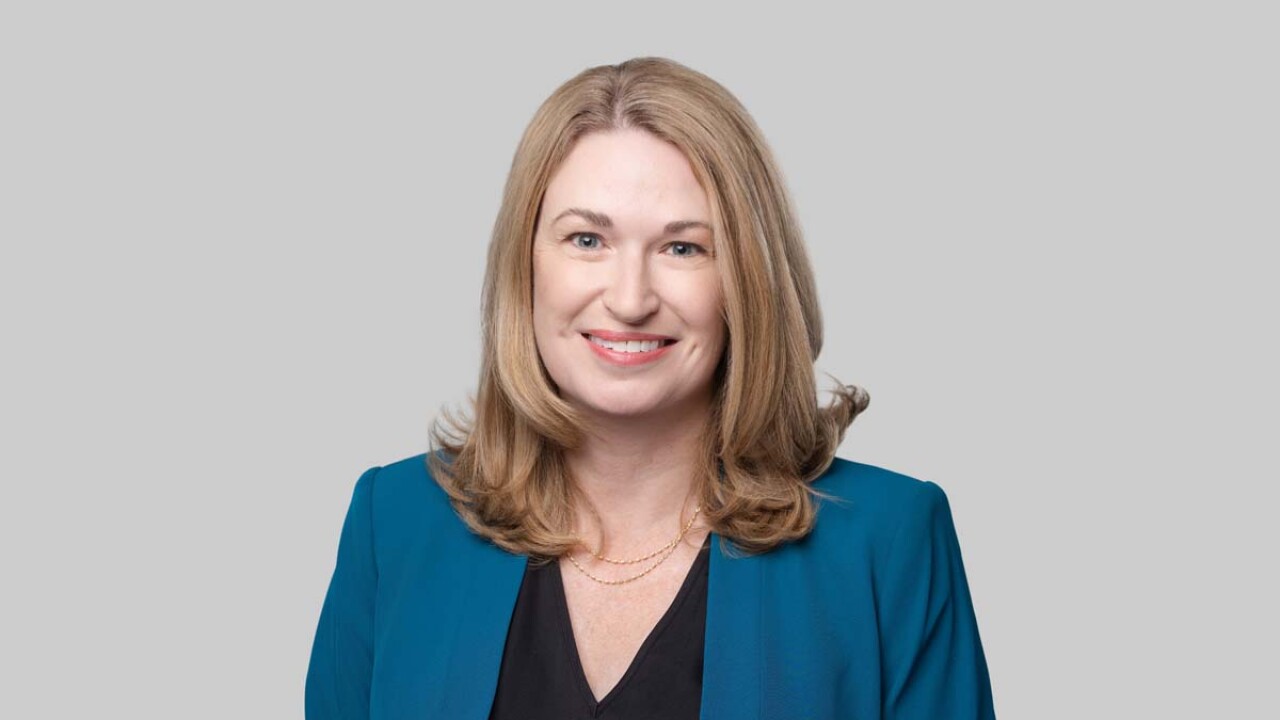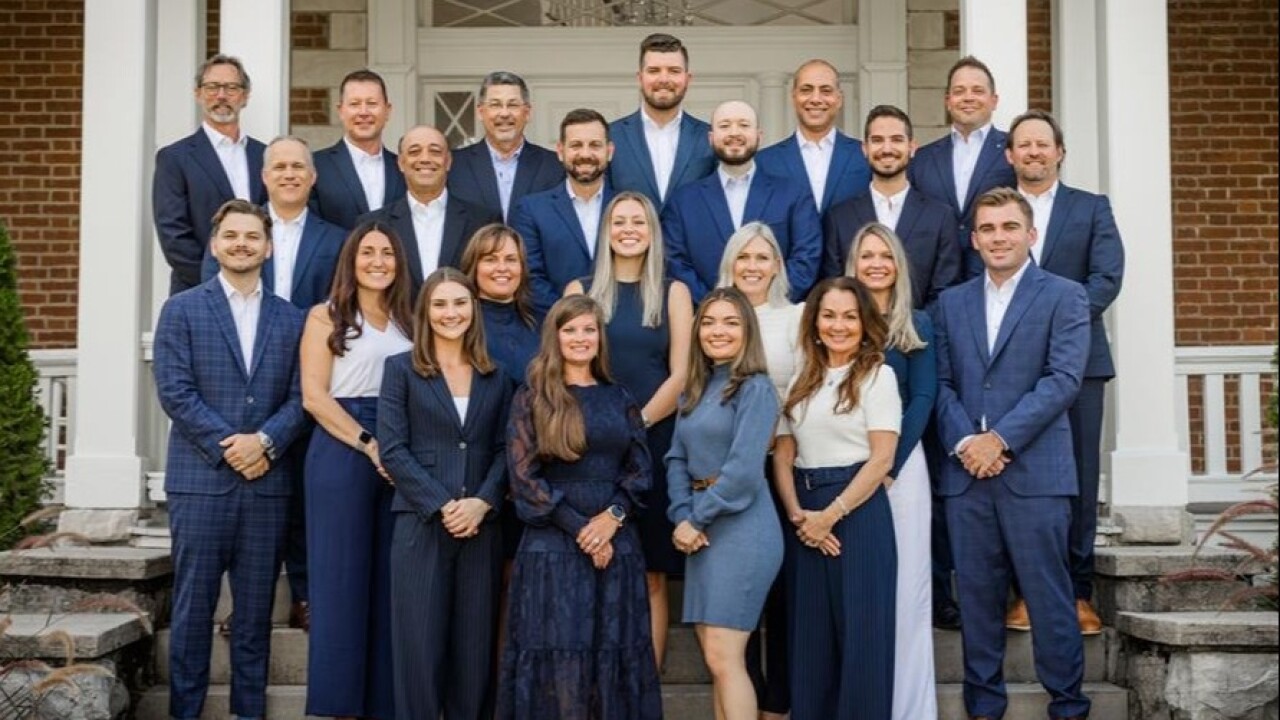A nearly $3 million FINRA award to a Merrill Lynch subsidiary and two other leading broker-dealers underscores the risks advisors and investors run when they short the stock of a company, a speculative and tricky strategy.
A Financial Industry Regulatory Authority arbitration panel hit ODS Capital, a hedge fund run out of Jupiter, Florida, on March 24 with
According to a summary of the case, ODS Capital alleged that the brokerages breached their fiduciary duty, broke contracts and committed fraud when they removed money from the hedge fund's accounts in response to short sell trades it made in shares of agriculture giant Dole. Earlier, ODS Capital levied similar allegations against Merrill Lynch Professional Clearing, a brokerage division under Merrrill Lynch, over short trades made in Lions Gate Entertainment and investment firm Calamos Asset Management.
Shorting is a bet that a stock will drop in value.
Here's how it works: An investor borrows from a brokerage a security whose price he thinks will fall, then sells it. The goal is to buy the same stock back later for a cheaper price than the one he sold it for, and pocket the difference after repaying the brokerage for the borrowed stock. If things go pear-shaped and the stock rises in value, then the borrower realizes a loss.
Douglas Schulz, the president of Invest Securities Consulting and a long-time FINRA arbitrator, said shorting a stock is always a risky proposition. That's especially true when the company you're betting against is about to undergo a merger or be taken private, he said.
Since deals of this sort usually push stock prices up, Schulz said, anyone caught in a short position at such times can suffer steep losses.
"If there's a merger or a takeover, there is technically no limit to how far the stock can rise in value," he said. "If it's at $20 now, it could rise to $50. And if you're short, you have now lost more than twice your investment."
At some point before Dole was taken private in 2013 — the exact date isn't disclosed in FINRA's decision — ODS Capital approached Celadon to take its short position in Dole, in an amount also not reported by FINRA. Celadon in turn used both Merrill and Pershing to "clear" those trades, meaning handle back-of-the-scenes work needed for such transactions.
The short position blew up in ODS Capital's face when Dole's privatization caused the company's stock to rise in value. A subsequent lawsuit over that deal put the hedge fund on the hook for a settlement owed to shareholders. ODS tried to argue before FINRA that it was being unfairly forced to pay.
Of the nearly $3 million award that ODS Capital must pay, Merrill Lynch Professional Clearing will receive about $1.8 million, including $1.3 million to cover attorney's fees and costs. Pershing and Celadon will get $892,512 and $75,385 for attorney's fees, respectively. And the hedge fund will have to fork over $28,500 to cover the cost of the FINRA arbitration panels' hearings.
The panel at FINRA, the broker-dealer industry's self-regulator, provided no reason for its decision to dismiss the hedge fund's claims and order it pay heavy fines.
FINRA arbitrations often come with no formal explanations. Attempts to reach ODS Capital and its lawyer in the FINRA Case, Jo Ann Palchak in Tampa, Florida, were not successful.
A person familiar with the case, who asked not to be identified because of not being authorized to speak on the record, said the dispute arose out of a $1.6 billion deal Dole Food entered into in 2013 to take itself private. ODS Capital, according to the source, had taken out a short position on Dole through its introducing broker, Celadon Financial Group in Morristown, New Jersey. The short sale was cleared through Pershing and the Merrill Lynch subsidiary, brokers that carry out behind-the-scenes work needed for such trades.
ODS's short position became a problem because of class-action suits filed over Dole's privatization deal. In 2015, the Delaware Chancery Court and a Delaware state court later found that former Dole CEO David Murdock and former president and chief counsel Michael Carter had not been forthcoming with projected costs and ordered them to pay
ODS Capital, according to the person familiar with the case, had not closed out its short position in Dole when the privatization deal was made final. As such, ODS Capital was financially responsible for paying the brokerages for the class action settlement amount for each share it had sold short.
In submitting its arbitration claim, according to the source, ODS Capital denied it had that obligation. The source said ODS Capital made similar arguments in its disputes with Merrill Lynch Professional Clearing over merger deals involving Lions Gate Entertainment and Calamos Asset Management. Lions Gate agreed in 2018 to
Hedge funds use shorting and other sophisticated investment strategies to mitigate market risk. Because the funds are opaque, they are often limited to institutions, corporations and "accredited" individuals with more than $1 million in total net worth and $200,000 in annual income.
ODS Capital has a history of joining shareholder litigation. In 2018, the hedge fund brought a class-action suit against Chinese renewable energy company JA Solar Holdings over allegations it had misled shareholders about a deal to take the company private.
The complaint was
ODS Capital brought a similar case in 2019, initiating a class-action suit against Chinese technology firm Quihoo 360. ODS appealed a judge's dismissal of the case, which is still pending.








